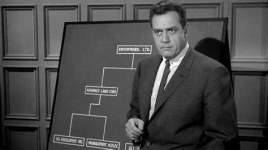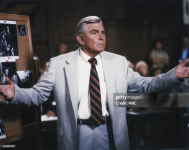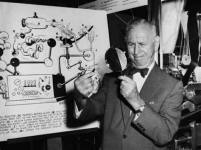In a decision released Friday, the SCOTUS reversed a 1984 decision that gave government regulators more sway in creating rules that are not directly rooted in legislation.
The WSJ wrote today:
“In a 6-3 decision written by Chief Justice John Roberts, the court abandoned a legal doctrine called Chevron deference, which has long helped federal agencies defend their regulations in court when challenged by industry groups.
The doctrine, created by the high court in a 1984 case, stood for the idea that judges should defer to executive branch agencies when it comes to interpreting gaps and ambiguities in the laws they implement, so long as those interpretations are reasonable.”
Not wanting to speculate here (but really wanting to speculate here), is there anyone among us that can speak with semi-authority as to how this may alter the course of FDA Tobacco Deeming rulemaking?
The WSJ wrote today:
“In a 6-3 decision written by Chief Justice John Roberts, the court abandoned a legal doctrine called Chevron deference, which has long helped federal agencies defend their regulations in court when challenged by industry groups.
The doctrine, created by the high court in a 1984 case, stood for the idea that judges should defer to executive branch agencies when it comes to interpreting gaps and ambiguities in the laws they implement, so long as those interpretations are reasonable.”
Not wanting to speculate here (but really wanting to speculate here), is there anyone among us that can speak with semi-authority as to how this may alter the course of FDA Tobacco Deeming rulemaking?
Last edited by a moderator:











